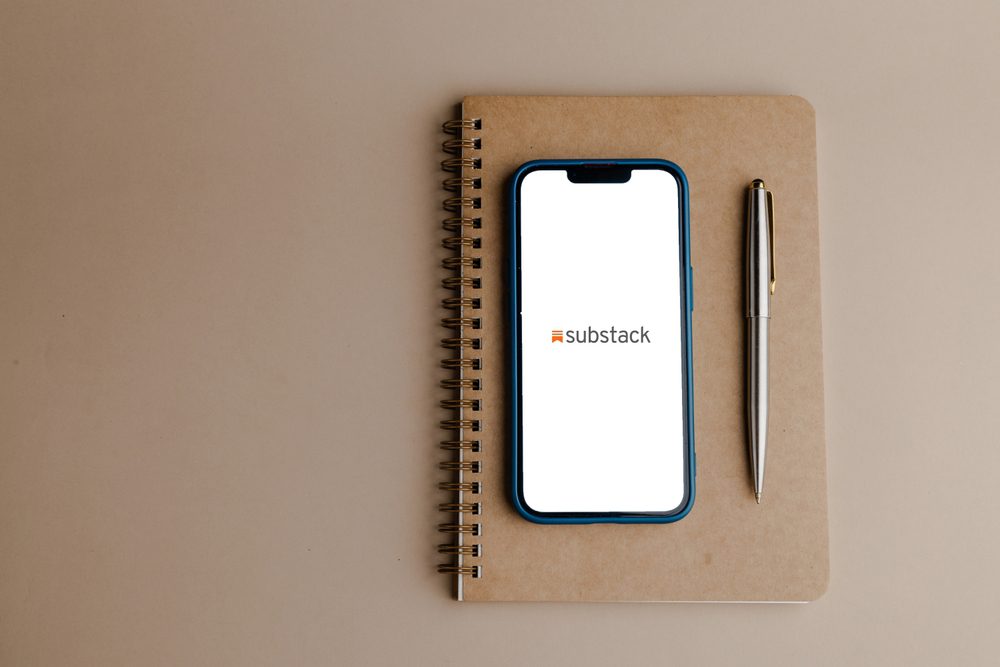A few weeks ago we wrote about the distinction between an affiliate and an arbitrager. The rise of the flogs and the more recent rise of the review pages only helps illustrate that point. At its most essential, the affiliate has an audience to which they cater, where as the arbitrager has only traffic. Increasingly, the arbitrager doesn’t just focus on the traffic risk, they are defined by their attitude of making money at all costs. One who runs a flog and one who runs a cash for gold site both take the media risk, but the former tends to stir things up a little more, attracting more negative attention for the performance marketing space. With the divide growing between not just affiliates and arbitragers but within the arbitrage community itself, the natural question becomes – what’s going to happen to the middle man. Those who take the risk on behalf of clients can play a valuable role, but we’re certainly seeing some backlash from some of the tactics used. The result are mainstream programs being influenced by the behavior they see and cutting off avenues of opportunity to their partners.
The latest example, one slightly outside the day to day space in which most in the performance marketing world operate comes courtesy of Amazon who sent out an email to their affiliates (whom they call "associates") saying in part,
Dear Amazon Associate:
We’re writing to let you know about a change to the Amazon Associates Program. After careful review of how we are investing our advertising resources, we have made the decision to no longer pay referral fees to Associates who send users to www.amazon.com, www.amazon.ca, or www.endless.com through keyword bidding and other paid search on Google, Yahoo, MSN, and other search engines, and their extended search networks. If you’re not sure if this change affects you, please visit this page for FAQs.
The decision by Amazon follows a similar decision by eBay from two years earlier where they stopped crediting affiliates for pure arbitrage driven activity. The reactions to these decisions vary wildly, and among those in the affiliate / performance space, the knee jerk is to feel threatened because revenue streams are being taken away. It is the same type of reaction that those who ran ringtones felt when they could no longer use the word "free" or when certain carrier logos could no longer show on the landing pages. The reaction comes not from the potential revenue hit but the feeling of vulnerability that comes by having ones future in the hands of others. All of a sudden, the "I thought you needed us" belief held by affiliates/publishers/arbitrager gets tested. Thinking back to the decision by Amazon, we might surmise that companies view affiliates in one of two ways – a) as risk-free, expendable intelligence, and/or b) as a risk/reward trade-off.
Affiliates as risk-free expendable intelligence – the first hypothesis has advertisers (merchants) viewing affiliates like the kind of help that you wouldn’t let inside if they wanted to get a drink. This isn’t the lust-worthy pool boy but the person whose very existence you tolerate because you need done what they do. It’s not the prettiest picture, and it’s certainly an extreme view, but fans of conspiracy theories won’t necessarily find it too far fetched. Search arbitragers especially invest a lot of time and energy into uncovering terms that work. In doing so, they can’t always fully mask or simply don’t always fully mask the keywords that drove the conversions. After a while, the end advertiser will see what works and what doesn’t (or so this hypothesis says), and after they feel they understand enough of what was done, they simply take it in-house, i.e. no longer allow affiliates to bid on search.
Affiliates as a risk/reward trade-off – the second belief as to why certain affiliate activity gets shuttered involves less speculation, although it doesn’t help quell the feelings of disrespect that come from investing time and energy into something only to have it taken away without any input. The second scenario balances economic gain with the risk that comes from allowing someone else to promote on your behalf. Not surprisingly, risk/reward comes down to volume. It’s not that the company has figured out all the secrets to search and thus takes it away; it’s that the total dollars coming in as a result of that activity don’t warrant its continuation. Which advertisers take this route will depend. The more sophisticated the more likely they will ultimately want to control search; the larger the brand, the more likely.
When companies scale back on their third-party permissions for certain activities, what they are really doing is trying to cut the riffraff. They only want the serious players to participate, those with a vested interest in not just the products the company offers but the publishers own internal products. Here ironically we see some overlap between the what the major affiliate programs want and what those in the flog/review space do. The latter aren’t exercises in 1:1 arbitrage, i.e. the publishers don’t buy ads on behalf of a product. They buy ads on behalf of a page that they run, which happens to monetize by sending traffic to end advertisers. Both eBay and Amazon still allow that, not the flogs per se but for publishers to send traffic to pages they run. The major distinction of course comes from the expectations surrounding those jump pages. Listening to them we start to understand what they want a middle man to be. They don’t want someone to figure out pockets of traffic (pure search arbitrage), and they don’t want someone who will simply create a thin layer site. They want someone who engages an audience in their own right, and through that process of engagement they are able to promote offers to them. Looking to these two giants for guidance, what we see is that the role of the middle man is to become something bigger and better than a "middle man." It doesn’t imply everyone must have traffic in scale only that they try.
 Network
Network

